Cancer Biology & Mechanisms
-
Facebook
-
Twitter
-
Linkedin
This category explores the fundamental science behind how cancer begins, develops, and spreads. Articles in this section delve into the genetic mutations, molecular pathways, and cellular processes that drive cancer progression. Topics may include tumor microenvironments, genomic instability, cell signaling, DNA repair mechanisms, and emerging insights into metastasis and inflammation in cancer. By understanding these biological foundations, researchers can identify new targets for future diagnostics and therapies.
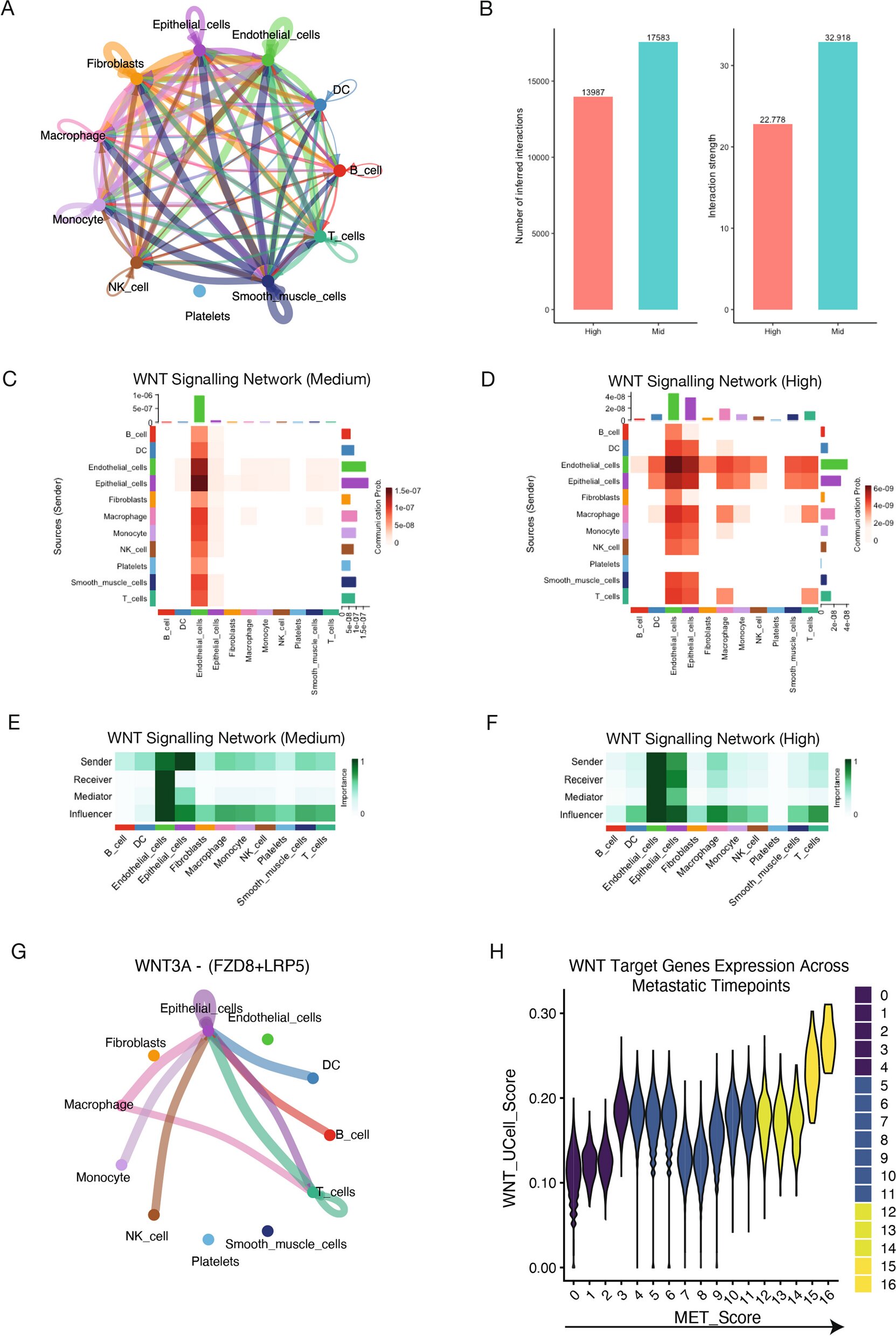
Scientists reveal genetic drivers of metastasis across multiple cancer types
Cancer metastasis—the spread of cancer to other organs—is the leading cause of death among cancer patients. Researchers have now uncovered a "genetic signature" of 177 genes shared across multiple cancer types that drives this deadly process.
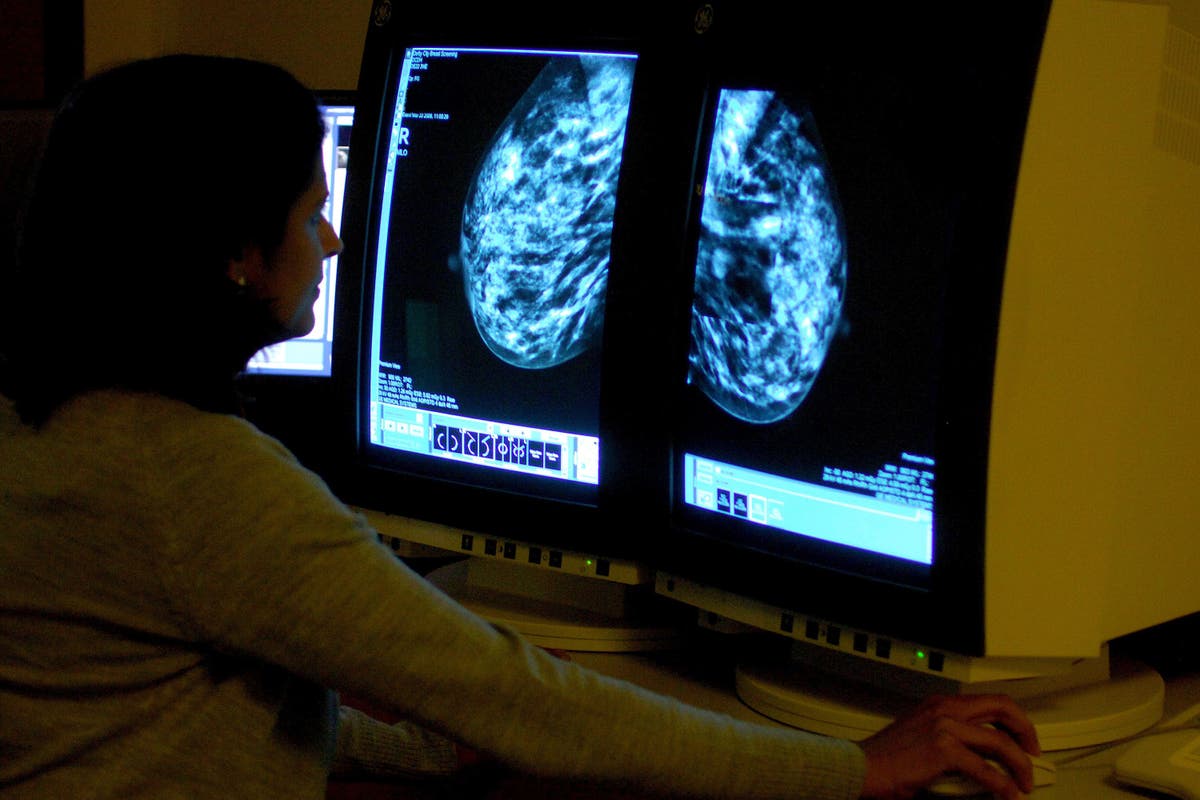
New breast cancer drug given green light for NHS use
Breast Cancer Now said olaparib will be an ‘valuable alternative’ for patients with a certain type of secondary breast cancer.

Newly Identified Molecule Can Heal Gut Damage And Suppress Cancer
Intestines suffer a lot of wear and tear in their daily service to digestion, requiring constant renewal of their lining.

Multi-target approach counters tumor growth in several cancers
The tissue adjacent to a tumor behaves differently than areas farther away. The tumor’s cancerous cells influence their surroundings, blocking the body’s immune defenses and creating a sort of haven in which the tumor can grow. Treatments that target some of these pro-tumor actions are effective in a number of cancers, but only for some patients; in others, these treatments have little effect.
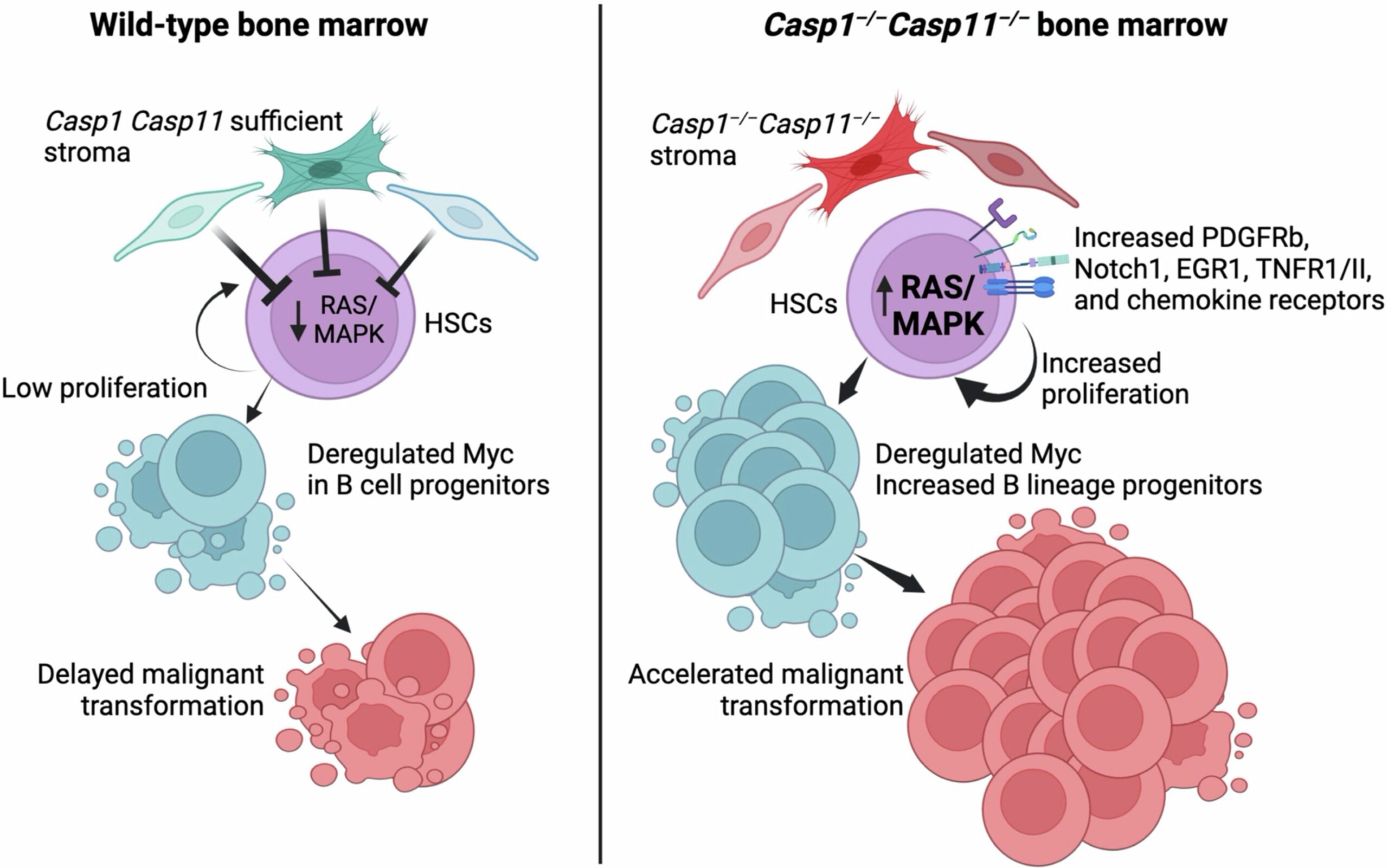
Immune complex removes receptors from stem cells to protect against cancer, preclinical study finds
A group of immune proteins called the inflammasome can help prevent blood stem cells from becoming malignant by removing certain receptors from their surfaces and blocking cancer gene activity, according to a preclinical study by Weill Cornell Medicine investigators.

Kidney cancer study identifies factors for exceptional response to immunotherapy
Metastatic clear cell renal cell carcinoma (mccRCC), an aggressive type of kidney cancer, has historically presented limited treatment options. Immune checkpoint inhibitors, a form of immunotherapy, can lead to exceptional, durable responses (when the tumor substantially shrinks for a very long period of time) for some patients with mccRRC, allowing them to live longer with a better quality of life. However, the molecular reasons behind these exceptional responses have not been well defined.

Latest Ovarian Cancer Screening and Treatment Breakthroughs
Learn how the latest advancements may lead to earlier diagnosis and help prolong the lives of women with ovarian cancer.

Mini-tumors from circulating breast cancer cells offer new treatment insights
Tumor cells circulating in the blood are the germ cells of breast cancer metastases. They are very rare and have not been propagated in the culture dish until now, which made research into therapy resistance difficult.

Highly invasive tumor hijacks neurons to grow, but a common heart medication offers hope
Chinese researchers have revealed new insights into the growth of craniopharyngioma and identified a potential therapeutic treatment. Their findings are published online in Science Translational Medicine.

Eating egg linked to higher breast, ovary and prostate cancer risks, study finds
A recent study from Harvard University has identified a potential connection between eating eggs and the risk of developing certain types of cancer, particularly breast, ovarian, and fatal prostate cancer. The findings, published in the British Journal of Nutrition, shed light on the role egg consumption might play in the development of cancers related to sex […]

Eating enough fiber prevents cancer in a surprising way
Fiber fuels gut microbes that produce fatty acids, which influence genes tied to cell growth. This could prevent cancerous behavior.

How green tea may protect you from cancer
Green tea has been enjoyed for centuries, not just for its refreshing taste but also for its health benefits. In recent years, researchers have explored whether green tea can reduce the risk of cancer. The results are promising, suggesting that this popular drink might play a role in protecting the body from certain types of […]

Diabetes drug metformin may help protect against common skin cancers
Diabetes drug metformin may help protect against common skin cancers
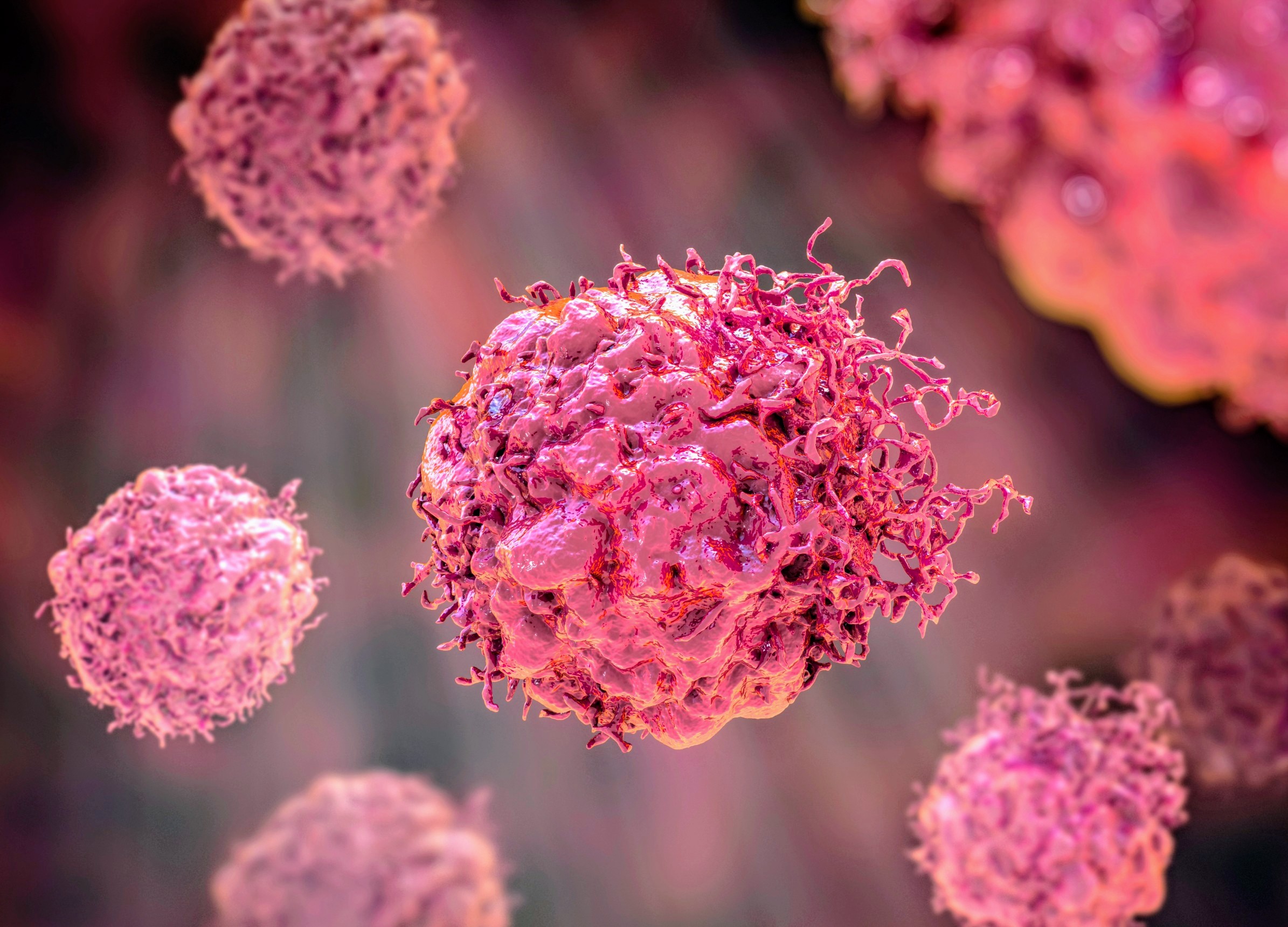
Breakthrough: Scientists learn why cancer cells die, think it may transform treatment
Scientists at the Children’s Medical Research Institute (CMRI) have made a breakthrough discovery that could transform cancer treatment.

Breast cancer breakthrough: Groundbreaking daily tablet could soon be made available on NHS
The drug will be available to patients with advanced forms of the disease
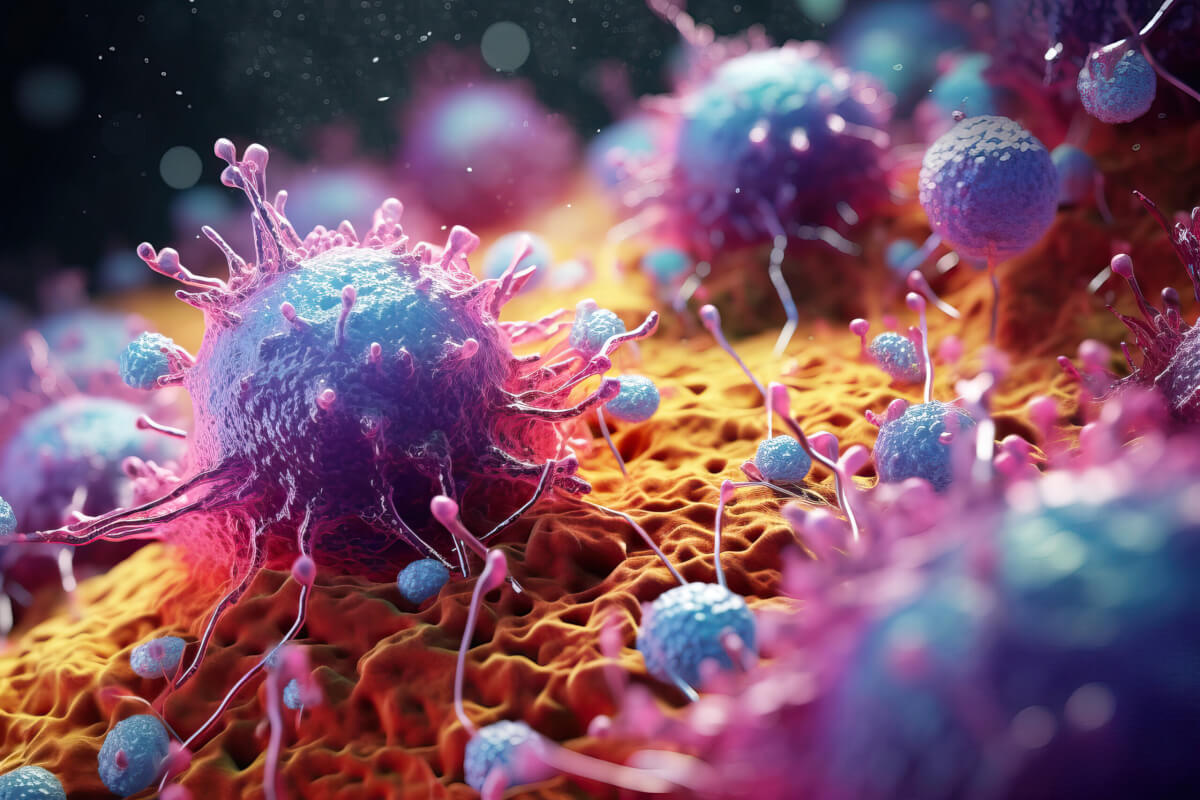
Cancer breakthrough finally maps how deadly tumors spread through the body
Scientists have created a revolutionary method to track the spread of cancer throughout the body, potentially paving the way for more effective treatments.

A high omega-3, low omega-6 diet may slow down prostate cancer
A high omega-3, low omega-6 diet may slow down prostate cancer

A new weapon in the battle against cancer: The story of combo prodrug TTFA-Platin
Cancer is a deadly disease taking the lives of thousands of people worldwide, and researchers are constantly looking for better alternatives for treatment. One of the major breakthroughs is combination therapy—a treatment modality that uses two or more drugs for the treatment of cancer more effectively.
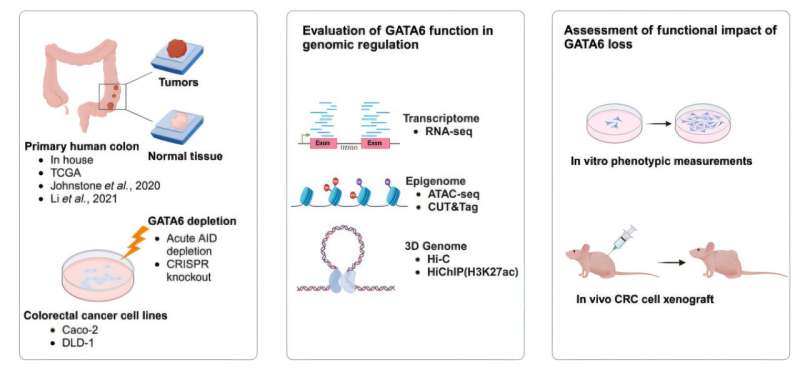
Inhibiting GATA6 protein may be key to winning the fight against colon cancer
Northwestern Medicine scientists have discovered that inhibiting the GATA6 protein in mouse models of colon cancer reduced tumor growth and improved survival, underscoring the potential of a new therapeutic target for colon cancer, according to a recent study published in Science Advances.

World’s first ‘poop pill’ to undergo trial to treat advanced pancreatic cancer in Canada
Scientists at Lawson Research Institute (Lawson) of St. Joseph’s Health Care London, Ontario, and London Health Sciences Centre Research Institute (LHSCRI) are pioneering an innovative approach to improving the effectiveness of chemotherapy in patients with advanced pancreatic cancer.






